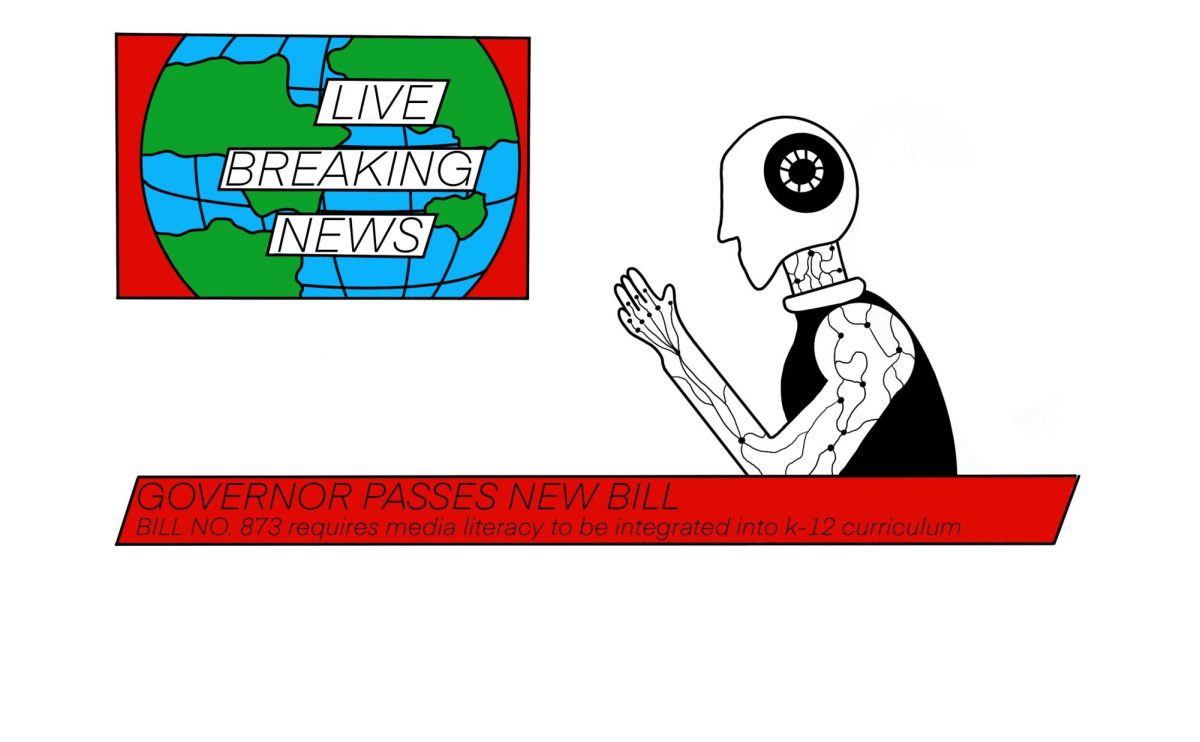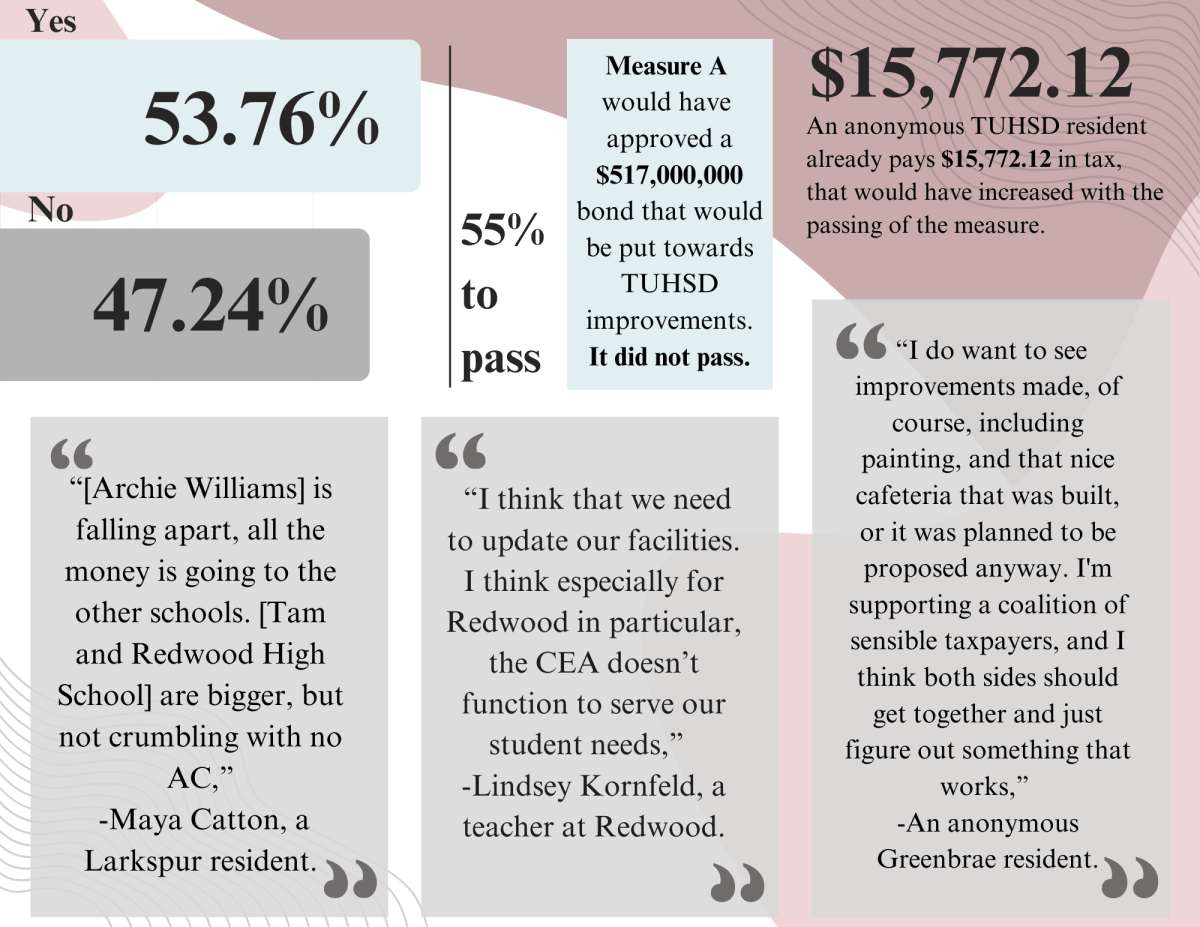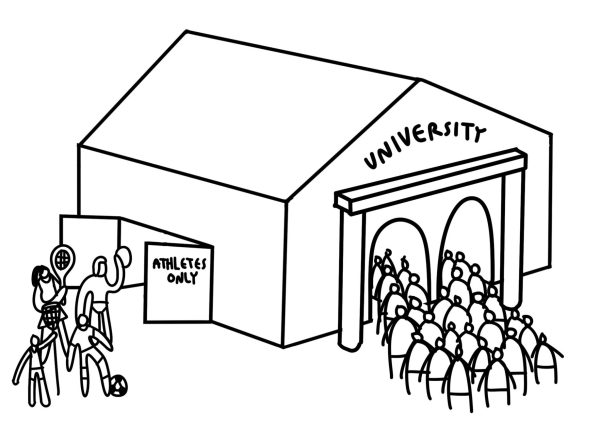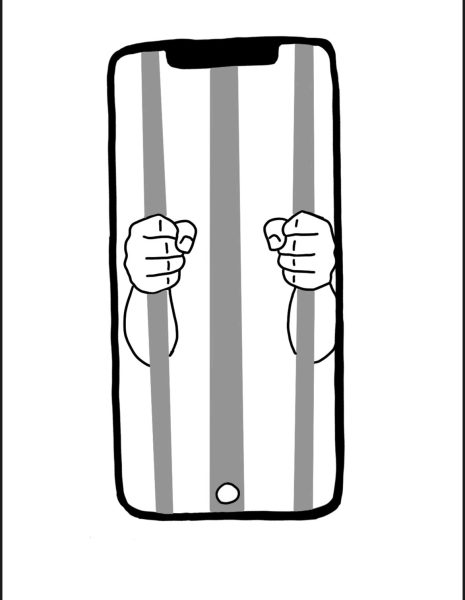How the bypass on bipartisanship is hurting our government
October 27, 2018
The confirmation of Brett Kavanaugh to the Supreme Court has left Americans on both sides of the aisle reeling. Whether one is affiliated with the Republican party, the Democratic party or neither, the controversy has affected everyone and led us to re-evaluate our morals and values. However, the events have brought up an even more important issue that is becoming more prevalent in our government: the lack of bipartisanship from both sides.
Bipartisanship is the cooperation or compromise from opposing political parties. It represents the flexibility of both Republicans and Democrats to vote beyond party lines and approach voting matters with a more open mind. It plays an important role in the functioning of our government, ensuring equal, shared power from all parties on the political spectrum and promising that no party will gain superior abilities or standing. Bipartisanship also protects the rights of the citizen by promising that the opinions and values of the majority are the ones that will be upheld on a larger, national scale in Congress. It encourages the development of beliefs and new ideas, allowing legislators to do what is best for the greater good instead of what their party believes is.
Justice Kavanaugh was nominated by President Trump to replace Justice Anthony Kennedy, who was commonly thought of as the swing vote, or the seat who votes on issues with both a Republican and Democratic stance on the Supreme Court. Unlike Justice Kennedy, Justice Kavanaugh has been known for supporting more conservative views, a reflection of Trump and his administration. However, in a process such as a Senate hearing to confirm a Supreme Court judge, the Senate Judiciary Committee must go beyond party affiliation to see whether one is fit to hold a lifelong seat in the highest court in the nation.
In this recent confirmation, 49 of the 50 senators that voted to confirm Kavanaugh were Republican. This means that every single Republican seat in the Senate, besides two that chose to abstain, voted yes, and all Democrats but one—Joe Manchin—voted no.
Some could attribute this to the agreement of Kavanaugh’s values with those of Republicans. In fact, this had little to do with morals and values and more to do with political strategies. Republicans and Democrats alike were aiming to gain partisan strength by maintaining a seat in the Supreme Court for their respective parties. Political figures were focused more on their own political party than the overall qualifications of the nominee. Our rights are being gambled with by the very people we put in power.
In Trump’s previous Supreme Court nomination of Justice Neil Gorsuch in January of 2017 to fill the seat of the late Justice Antonin Scalia after his death, the seat was vacant longer than any other Supreme Court seat in the United States’ history, according to the Los Angeles Times. The vacancy was due to pushback from Republicans during the Obama presidency over the nomination of a Democratic candidate. Powerful political figures were willing to leave a position– one that could have affected nationwide legislation and the rights we have as citizens– open because of disputes over party lines.
In the nomination, Senate Majority Leader Mitch McConnell changed the regulations of a Senate vote to allow only 52 votes to end debates instead of the original 60, according to ABC News. McConnell passed this amendment specifically to push through the nomination of Gorsuch and ensure him a spot on the Supreme Court. This allowed Gorsuch’s nomination to pass through with a narrow vote of 54 in favor and 45 against.
However, Democrats are hardly role models of bipartisanship either.
The Democratic party employed the same strategy when it came to voting in the lower court and Cabinet members. Former Senate Majority Leader Harry Reid of the Democrats changed the simple majority voting regulations so Congress could more easily pass Democratic politicians and justices through.
In the process of Gorsuch’s nomination, Democrats were still bitter from the Republicans’ harsh stance on their own nominee, Merrick Garland, and proceeded to push the confirmation hearing out as long as possible to prevent an easy confirmation for Gorsuch.
The Senate Judiciary Committee leader Diane Feinstein and Democrats in agreement with her opinion are also being accused of making assumptions about Kavanaugh without substantial evidence. Though many were convinced by testimony from Dr. Christine Blasey Ford, the woman who accused Justice Kavanaugh of sexual assault, there is, unfortunately, no hard evidence to corroborate her claim. Democratic senators and members of the Judiciary Committee have overlooked this fact along with the infamous constitutional value, “innocent until proven guilty.” The Democrats’ inflexible stance on this particular issue is due to their resistance of a Republican candidate for a historical “swing” seat on the Supreme Court. Their motives are the same as the Republicans: they want to reinforce the strength of their party by putting a judge on the Supreme Court from their own party.
The stalling, belligerent fighting of the political parties in the most recent Supreme Court nomination, and those previous, has left a country divided, and the blame falls on both parties. Kavanaugh himself even described the testimony as “a national embarrassment” that highlights the weaknesses still prevalent in our government.
The inability of both parties to cooperate with one another and reach a compromise has resulted in a lack of true opinion from the public being considered. Both parties are valuing political power through the means of Supreme Court nominations and other strategies rather than valuing what is best for the nation. The politicians that citizens have voted in for their views and plans are no longer following through with their promises. The lack of bipartisanship has also inhibited the freedom that political figures have to vote on what they believe is just or moral because of the conflict with their party values. As members of a democratic nation, of the people, by the people and for the people, our voices and opinions are being silenced unfairly. A government that is supposed to represent our beliefs and values is instead focused on petty party differences. The parties might even be voting simply to benefit themselves.
Bipartisanship is a vital element of our government, as it allows the United States to keep functioning as a democratic Republic, where the citizens’ voices are listened to. However, in recent times, reaching across the aisle has become an activity avoided at all costs by Congress members, and that same avoidance, if unchecked, will eventually silence the voices of the people until only those in power are heard.

























